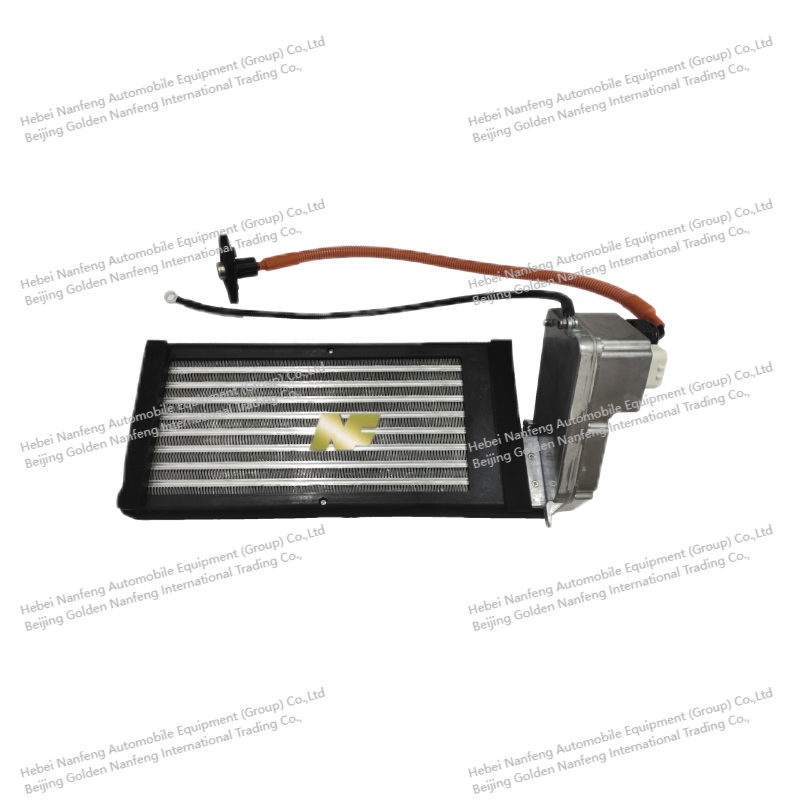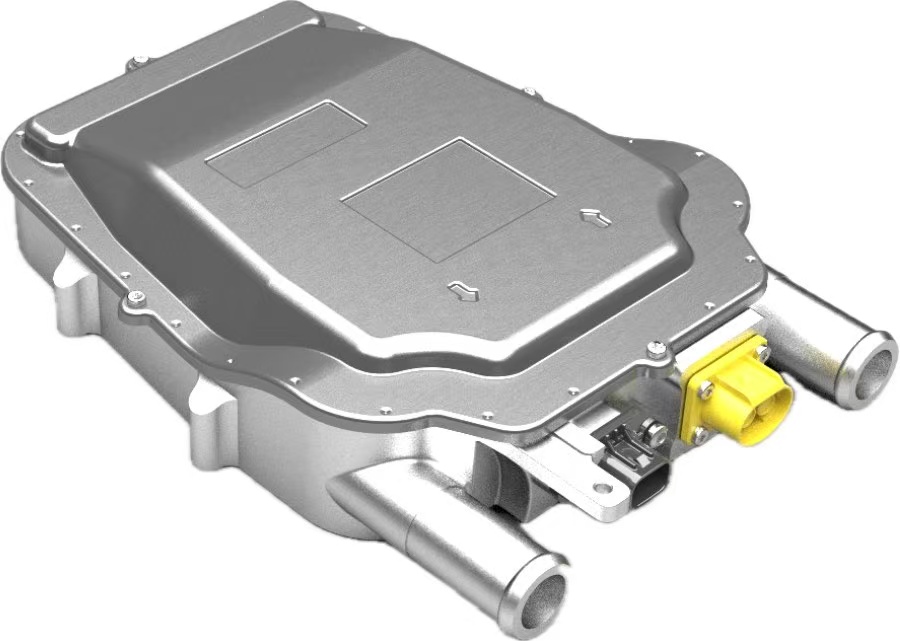High-efficiency and low-energy consumption technology: With the continuous growth of the electric vehicle market, especially driven by national policies and environmental regulations, the demand for efficient thermal management systems will continue to increase. As a core thermal management component, the market demand for PTC heaters for EV is expected to continue to rise. The popularity of electric vehicles in cold northern regions has further strengthened the demand for reliable and efficient heating systems, which will drive the continuous expansion of the application of HVCH heaters in electric vehicles.
Integration and lightweight design: The lightweight design of electric vehicles is one of the important factors in improving the driving range. The future electric heater technology will tend to be integrated design, that is, the heating function will be integrated with other vehicle systems such as air conditioning systems and battery management systems to reduce the complexity and weight of the system. This integrated design can not only save space, but also improve the overall performance and reliability of the system. For example, integrated heaters can perform multiple functions in the same module, reducing the overall weight and cost.
Intelligent and networked applications: Intelligent technology will become an important development direction for electric heaters in electric vehicles in the future. Through networking with the on-board intelligent system, electric heaters can be remotely controlled and monitored to improve user experience. Future electric heaters may be equipped with artificial intelligence algorithms that can optimize heating modes and schedules by learning the driver's usage habits and environmental conditions. In addition, integration with Internet of Vehicles technology can enable electric heaters to work in tandem with the vehicle's overall energy management system to improve overall energy efficiency and safety.



Post time: May-27-2025




